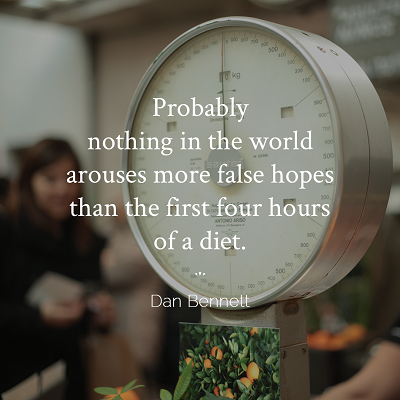 Once you have learned more about flexible dieting, you might find that it is right for you, but actually starting it can be a little intimidating. But don’t worry! The following mini guide is going to get you through the prep work and the first week of flexible dieting.
Once you have learned more about flexible dieting, you might find that it is right for you, but actually starting it can be a little intimidating. But don’t worry! The following mini guide is going to get you through the prep work and the first week of flexible dieting.
Know Your Macros First
Naturally, the first thing you need to do is learn all about your macros. This includes calculating them, and then figuring out what foods fit within these macros. This is often the hardest part and takes the most time, but soon you will know just what foods to choose from to have a well-balanced meal every time.
Remember that you are not trying to deprive yourself of anything. Choose foods you already enjoy as much as possible, and of course try to go for nutrient-dense ingredients when you can.
Create a Meal Plan
With your macros and food options ready, you can then create a meal plan. It is highly recommended that you keep it as simple as possible for your first week.
Don’t try to make elaborate meals you have never made before, as it might come down to dinnertime and you get stuck halfway through, with no idea what you can eat if dinner didn’t work out. Just plan for breakfast, lunch, and dinner each day, choosing a couple healthy snacks. If you have foods you can have over multiple days, even better.
Go With the Staples
If you aren’t great at meal planning, you can instead just make a list of healthy grocery staples, pick them up, then put the meals together before week one starts. This includes foods like:
- Low-fat dairy products
- Lean protein
- Eggs
- Fruits and Veggies
- Nuts and seeds
- Whole grains
Get Used to Tracking
If you have never tracked your food before, then you might want to do it before your first actual week of doing flexible dieting. This gets you used to searching for foods, seeing what the macronutrients and calories are, and viewing the percentages. Then by the time week one starts, you’re more than ready.
Learn to Listen to Your Body
As you start getting through the first week, you might feel hungry sometimes, and overly full other times. Any time you change what you eat and how much you eat, there is an adjustment period. Don’t deprive yourself or starve yourself and try to make your first week “perfect”.
If you think you need an extra snack and might go over your protein or fat a little bit, don’t worry about it. Have the snack if you’re hungry, then try again tomorrow. Be flexible with yourself and just keep trying to stick to it.






